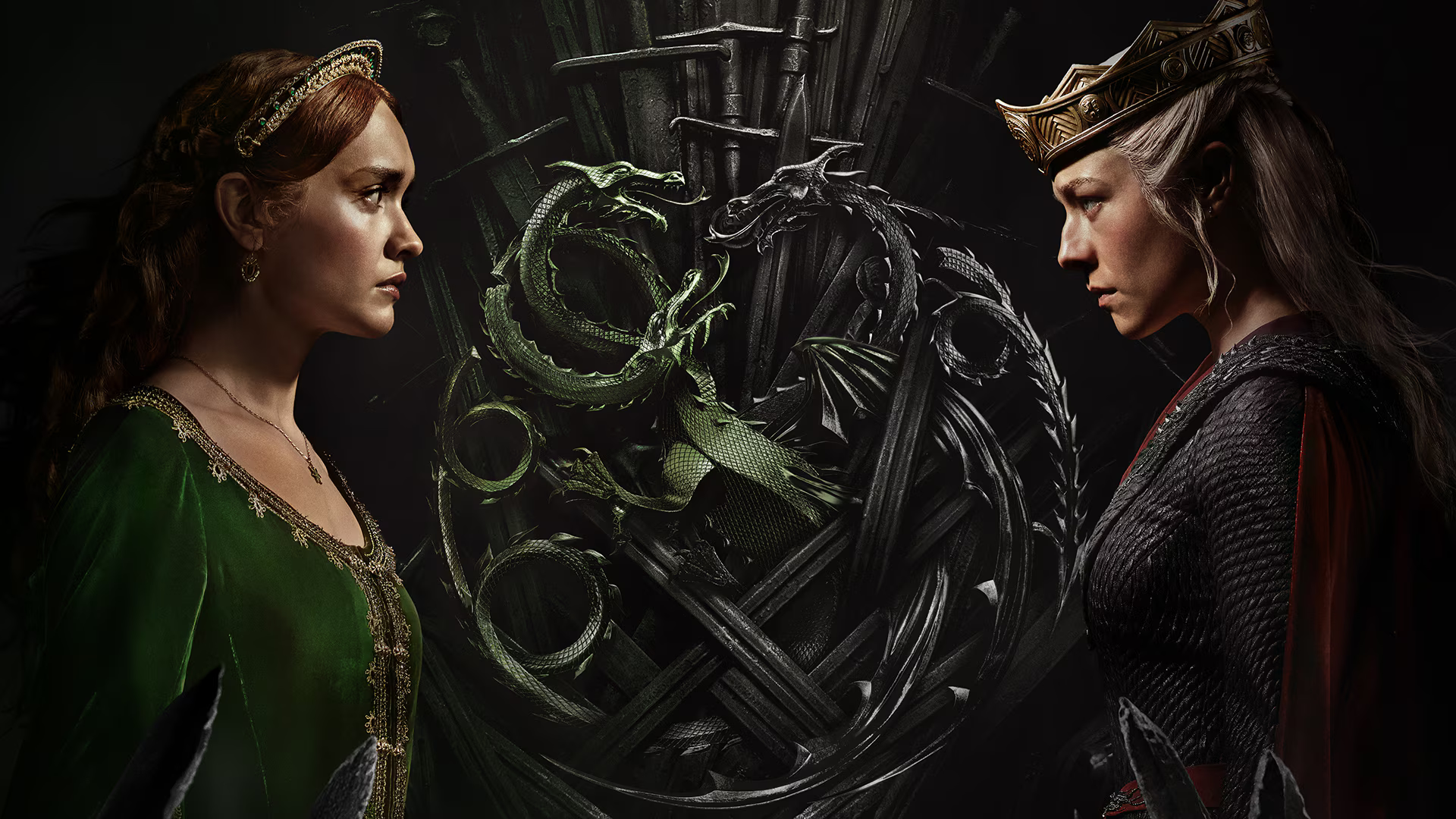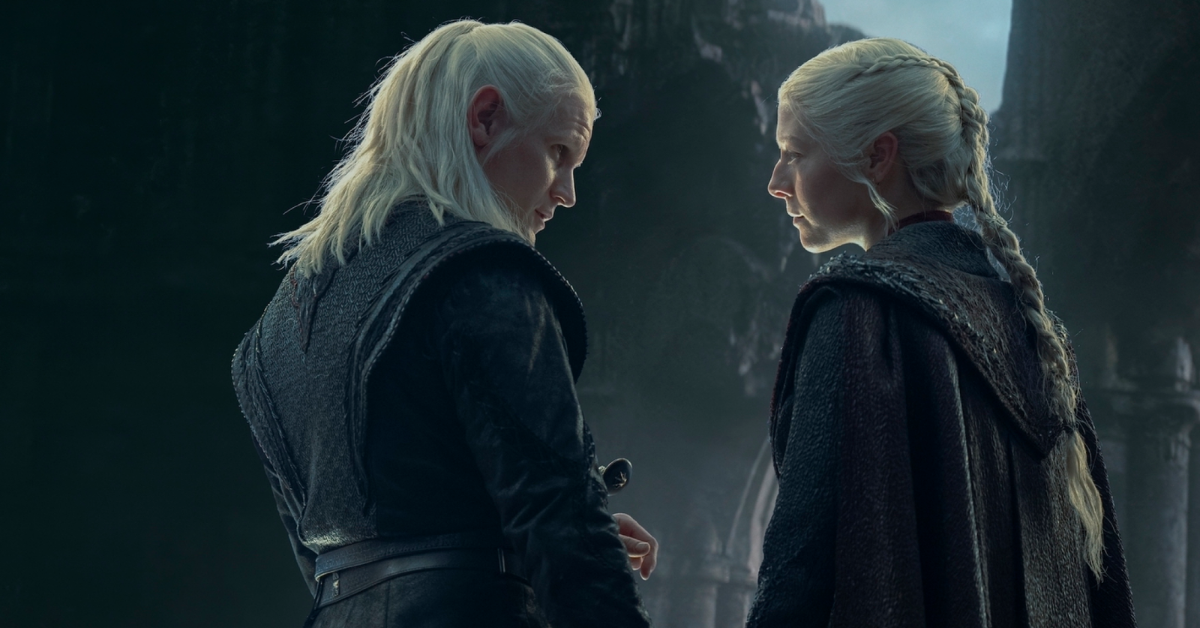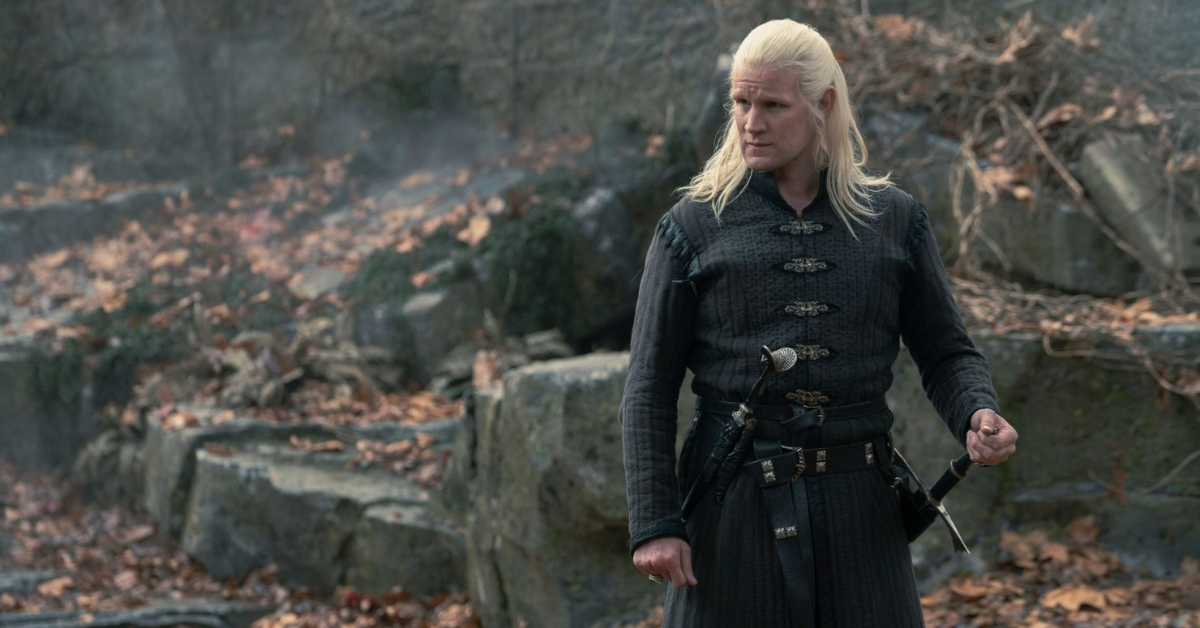Game of Thrones is almost done with its sixth season and all of my friends watch it and love it, and I don’t.They’ll try to get me to watch it, and I have to tell them, no, I’ve seen it, I hate it. And they’re so confused, because I’m a huge nerd who loves huge nerdy things. And I do love the book series it’s based off of. And they assume I hate the tv show because I’m a snob who only likes books, and that’s not the case either. I loved the show for the first couple of seasons. The problems I have with the show are slow, creeping problems, that were easy to ignore for the first few seasons, but only snowballed the longer the show went on. And I know how stupid this is going to sound, but bear with me and I’ll try to explain:
Game of Thrones is super sexist.

“Yeah Matt, no duh. It’s a TV show set in medieval pseudo-England, of course everything in it is going to be sexist.”
No. No that’s not what I mean. Let me phrase this another way. A Song of Ice and Fire, the book series the show is based from, is about a fictional world which is incidentally super sexist. Meanwhile with Game of Thrones, the production itself is sexist. It’s the difference between Chapelle’s Show with Dave Chapelle, and Mind of Mencia with Carlos Mencia. Chapelle’s Show is a comedy about racism. Mind of Mencia is a racist comedy.
 Every aspect of the creation of Game of Thrones is pervaded by sexism. It’s in the casting, where multiple important female characters of varying personalities and motivations are combined into singular characters who now seem schizophrenic, but can easily be dismissed with the terms like “hysteria”. Where female characters of varying ages and body types are replaced with cookie-cutter thin attractive 18-24 year old women, all of which we will see naked during the show at one point or another because reasons. It’s in the costume design, where female battle armor is designed above all to show skin, and even has nipples carved onto the front. It’s in the script rewrites, where women are abused solely to motivate nearby men to action, or to shock the audience, or sometimes simply to fill time.
Every aspect of the creation of Game of Thrones is pervaded by sexism. It’s in the casting, where multiple important female characters of varying personalities and motivations are combined into singular characters who now seem schizophrenic, but can easily be dismissed with the terms like “hysteria”. Where female characters of varying ages and body types are replaced with cookie-cutter thin attractive 18-24 year old women, all of which we will see naked during the show at one point or another because reasons. It’s in the costume design, where female battle armor is designed above all to show skin, and even has nipples carved onto the front. It’s in the script rewrites, where women are abused solely to motivate nearby men to action, or to shock the audience, or sometimes simply to fill time.
Any time the show deviates from the books, it does so in a way that primarily involves abusing women. This goes all the way back to the very first episode of the first season. Remember when Dany the dragon lady gets married to the handsome barbarian dude? Yeah. The TV show depicts that whole storyline… A lot more nonconsensual than the books.
This goes all the way up to present day, where in the penultimate episode of the previous season, the episode ends with a little girl getting burned at the stake with her father’s consent while her mother watches. Neither of these things happen in the books. And these two are only a couple of examples. This sort of thing happened a lot in between.

Am I saying the writers have to stick to the source material? Of course not. But I am saying that I have a huge problem with hack writers writing lazy, problematic material. The writers are good at adapting the source material, yes, but they are clearly not at all good at writing their own original intrigue and drama. To cover their weaknesses, almost every single new scene and original plot line they write involves women being abused, objectified, or both, because hurting women as a substitute for substance is apparently what they teach you in Lazy TV Writing 101.
There is an enormous cast of characters in this universe, both in the books and in the TV show. The books feature a wide array of different character archetypes, and these characters fight and survive in this harsh world through different means. Almost none of these characters are uniformly good or evil, but many of them are total badasses. As you read the series, you’ll often find yourself unable to pick a favorite character, because there’s so many who are great for so many different reasons. In the books, there are all sorts of badass character types, both male and female. You can swing a sword. You can manipulate people, whether through influence, money, sex, religion, or whatever. You can steal. You can hide. You can survive. All of these acts are equally valid.
The TV show on the other hand:
There is only a sliding scale between two character types: Men and Victims. The sword is phallic and manly. If you have a sword, you’re a Man. If you don’t have a sword, you’re basically a woman. If you shun masculine traits, you slide further into victimhood.
Were you a fearsome matriarch in the books? In the TV show you’re a bystander. Were you a cunning female politician in the books? Nope. Now you’re getting assaulted, so a more important male character can be sad about it.
“But wait,” I hear you ask. “What about Brienne? She’s a total badass right? What about Arya? She’s a badass too!”
 Brienne and Arya, in the books, are female characters with female personalities who happen to swing swords. In the TV show, they’re men in women’s bodies.
Brienne and Arya, in the books, are female characters with female personalities who happen to swing swords. In the TV show, they’re men in women’s bodies.
Book Brienne is a fearsome knight able to take down 90% of the fighters in the nation. But she’s also a goofy and awkward noble woman who grew up wanting to fit in and failing. She’d rather face a dude trying to kill her with a sword than a dude asking her to a dance, because she’s afraid that it’s a joke at her expense. She literally has a phobia of roses. The poor girl is just a mess, and that’s what makes her so compelling when she’s mopping the floor with a squad of enemy Knights.
TV show Brienne is a cardboard cutout of Chuck Norris in a woman’s body. She has no fears. She has no weaknesses. She’s a sword with a warm body attached.
Same for Arya. Book Arya is a girl who has honest to god feminine aspects, even if she’s terrible at them. She named her sword “needle” because she wanted to be competent at sewing like her mother and sister. Meanwhile TV Arya is a collection of masculine traits to the point of sociopathy.
In this universe there are only Men and Victims. If you were born a women, you’d better act like a man, or victimhood is all you’ll have.
This applies to the male characters too. Jaime Lannister is an antagonist for the first half of the series, and is one of the most fearsome knights in the land. At some point during the series, he is injured in a way that severely handicaps his ability to fight.
In the book, he goes through all the stages of grief. He is depressed to the point of suicidal. He tries desperately to become a sword fighter again. When he realizes he cannot, he grows other aspects of his personality. He becomes a commander. He becomes a diplomat. He learns empathy. He realizes all of his friends and family are actually pretty terrible people. He grows as a person.

But in the TV show, Jaime flounders. He only works to become a fighter again, and fails. He learns nothing. He becomes completely unimportant to the story, because he can’t fight anymore, and is therefor useless. And he assaults a woman too, because why not?
Grey Worm in the book is a compelling, three-dimensional character. He’s a warrior and former slave who has survived an incredibly tragic life from nearly birth, and yet grew up to be a high ranking commander and empathetic leader of his fellow freed slave warriors. He also happens to be a eunuch.
The TV show seems to be perpetually flummoxed by him. “He’s a warrior? But he doesn’t have his man-bits? How can he be a warrior then? Can he satisfy a woman? As show runners, this is important to us for some reason.”
During the fifth season, almost every episode featured a painfully long and awkward scene where characters deliberated around grey worm’s status as a eunuch. Despite being an elite officer of an also-elite regiment of soldiers, he lost fights and was nearly killed by untrained thugs with kitchen knives. Because, again, how can he fight and do manly things when he’s a eunuch? His story as a redeemed warrior was completely replaced with a tacked-on love story.
I probably sound super bitter and pedantic about this thing, but that’s because I am. This is my favorite book series, and I so badly want to be a fan of the show. But I can’t watch without yelling at the TV. Lazy sexist writing tropes are getting heavier and heavier in the story, and I tapped out last year after annoying too many people with my constant loud criticisms (this was before I had a blog and people actually sought out my criticisms, mind you).
If you’re a fan, I’m not asking you to stop watching. I’m just asking you to be aware of these problems. I’m asking you not let them slide. And if you haven’t read the books yet, give them a try. They’re so much less stressful on my heart than this.
Want to hear more analysis of GoT, but this time as applied to pro wrestling? Stay tuned for the July 1st episode of The B Show, where we’re comparing the Martell’s of Dorne to the legendary Guerrero lucha libre dynasty.
The GoodTrash Media team is dedicated to bringing you all of your post-popculture discussion to one place. We believe movies are more than just 90 minutes and a bucket of popcorn and we that discussion with you! Follow the GoodTrash Media Network on Twitter @Good_Trash




Leave a Reply